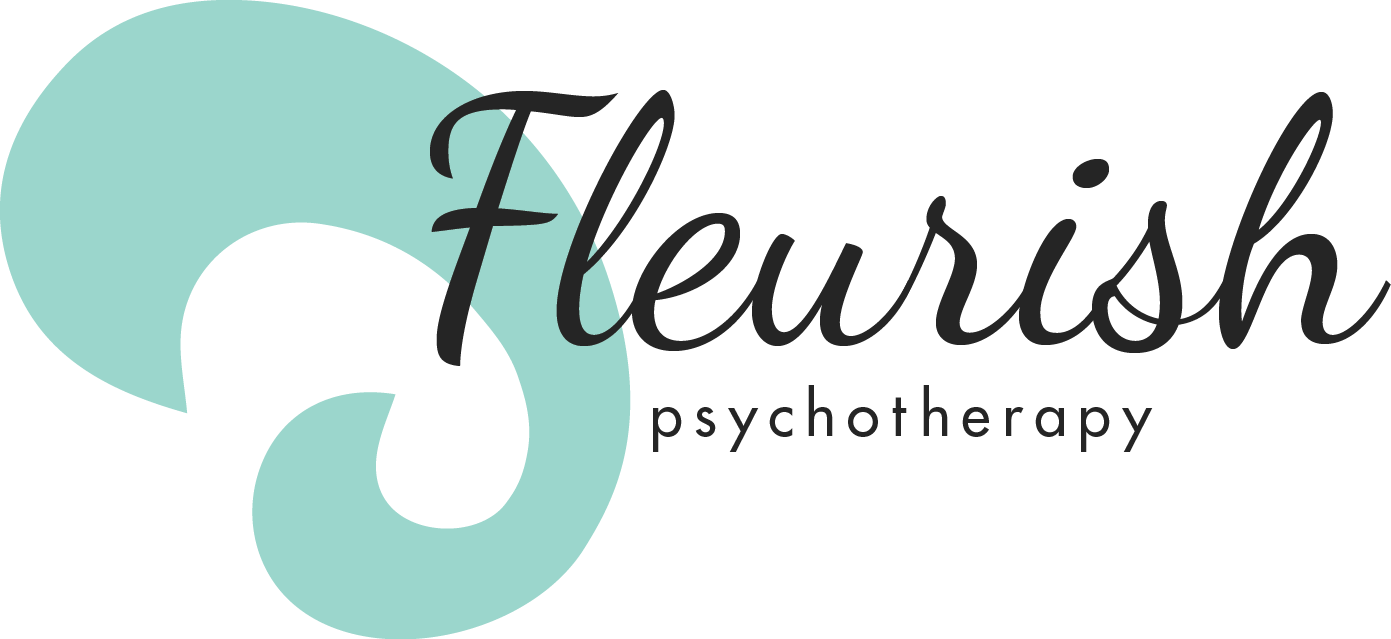10 Tips for Dealing With Anxiety Beyond Medication
Many people benefit from anti-anxiety medication, and for some people, it is a very important part of treatment. That said, it is not the only method for managing anxiety. Nor is it necessarily the most important or necessary element of effective treatment.
Some people are struggling with anxiety but do not want to use medication and others are using medication but looking for ways to treat their symptoms beyond their medication. Whether you use medication or not, here are some simple things to try out that can reduce or avoid anxiety.
Take these steps to feel more relaxed:
Eat breakfast. There are multiple studies that show that a substantial, balanced breakfast with protein and fat reduces the level of anxiety experienced throughout the day. If you skip breakfast, it might be making your anxiety worse.
Eat well. Eating well means eating whole & natural food. Processed foods have a variety of chemicals and other artificial ingredients that can affect many people in negative ways, both physically and mentally. Cleaning up your diet can have a profound impact on anxiety for many people. Anxiety often accompanies a feeling of loss of control. One thing you are in control of is what you take into your system. One quick trick is to shop the perimeter of the grocery store, where you normally find fresh fruit, vegetable, meat, and dairy. The middle of the store often houses the more boxed, shelf-stable, processed, and refined foods.
Take a short walk. A short walk can be a great way to clear your head and shake off some nervous energy. A walk outside is especially grounding and relaxing.
Exercise daily. Daily exercise isn't the easiest habit to instill but isn’t brutally difficult either. This is a great way of managing anxiety without medication. A good anti-anxiety workout will leave you feeling like you put some work in but won’t exhaust you. How you get this exercise is entirely up to you, for more info check out this post.
Stop Time Traveling. Focus on your present moment & environment. You’re inside your head when you’re anxious, usually ruminating in the past or worrying about the future. Focusing on the sights and sounds around you is one way to put your attention on something real rather than your thoughts.
Notice your body sensations. Instead of focusing on your anxiety or fighting with it, just notice. How do you feel in your body? Notice how your heart is beating, where do you notice your inhale and exhale. Pretend you’re a scientist and investigate all of the physical sensations you’re experiencing. As you notice what's happening you might notice that things change and slow down and feel better.
Breathe. This wouldn’t be a mental health blog article if I didn’t mention breathing. Why? Because it is the foundation of regulating stress. Take some deep, relaxed breaths. Take the slowest, deepest breath of the day. Breathing in a controlled way will reign in your anxiety symptoms. It’s a great way to slow your heart rate and feel better overall.
Sleep. Everyone feels frazzled if they don’t get enough sleep. Getting sufficient sleep on a regular basis is important if you regularly feel anxious. Your brain just doesn’t function optimally if it doesn’t get the sleep it needs. Check out more tips for good sleep, here.
Address the issues in your life that create stress. Eliminate as many stressors as you can that are in your control. What small changes in your environment or relationships could yield relaxing results? Stress is additive. Those smaller stressors can add up.
Talk to someone supportive. A supportive friend is a true blessing. Knowing that you’re not alone can greatly reduce the anxiety you feel. Also, therapy is a great option to manage stress and talk through the thoughts and feelings that keep anxiety active.
If your anxiety is overwhelming, talk to your doctor. If your anxiety is manageable, but making you unhappy, the tips above can bring your anxiety down to a more reasonable level.
And as always, consult with your prescribing doctor in making any changes to your medication regimen.
